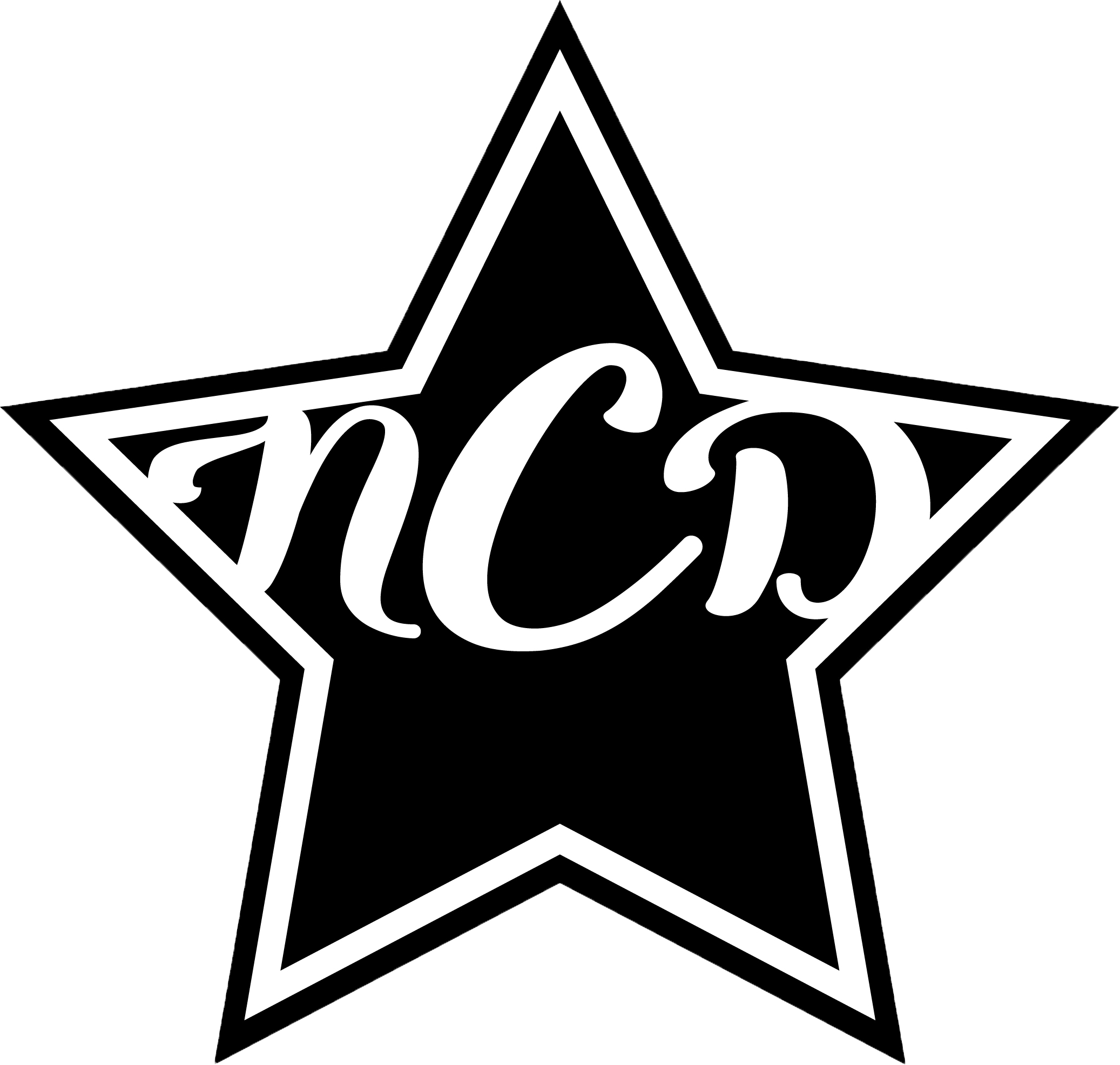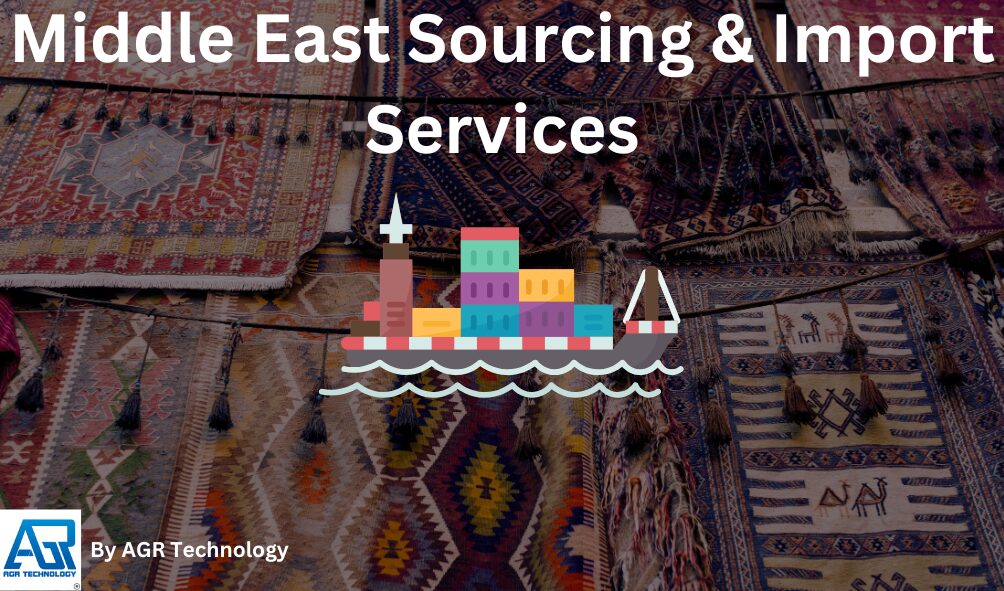
Welcome to your trusted partner for seamless Middle East sourcing and import services! Whether you’re looking to procure premium products or streamline your supply chain, we specialize in connecting businesses with high-quality goods from the Middle East. From handling all aspects of importation to ensuring consistent supply, we make it easy for you to access top-tier products and keep your operations running smoothly. Let us take care of the logistics so you can focus on what matters most – growing your business.
We can help you navigate the regulatory landscape to procure and import quality products from the Middle East region from countries like the UAE, Saudi Arabia, Qatar, Bahrain, Oman and others. Through our industry experience and partnership with the Rigoli Group led by Joseph Rigoli we have the know-how and contacts to ensure you receive the best quality equipment.
Get in touch with us to discuss your project:
Reviews from our clients
Supporting businesses of all sizes to get ahead with digital solutions

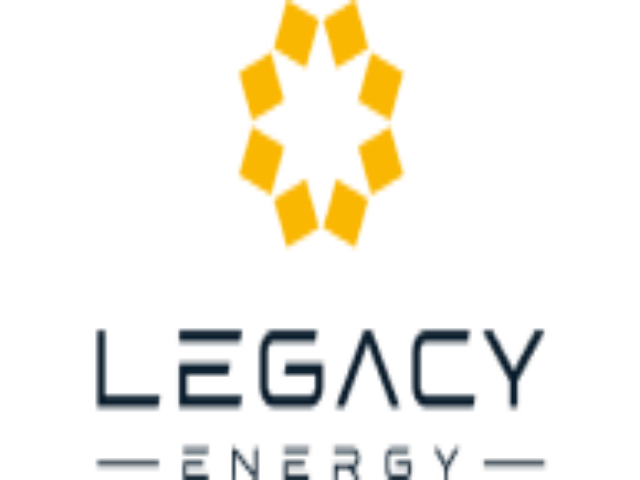
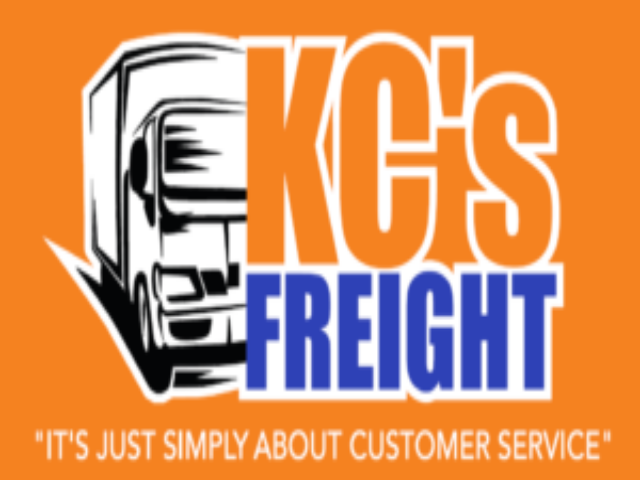



Understanding Middle East Import Markets

The Middle East import market presents distinct opportunities across diverse trading hubs with varying regulations policies. Here’s a detailed analysis of the key aspects to consider when entering these markets.
Key Regional Trading Hubs
The Middle East features several prominent trading centers that serve as gateways for international business:
- United Arab Emirates (UAE)
- Dubai’s free trade zones offer tax exemptions
- Abu Dhabi focuses on technology sector development
- Strategic location connecting Asia Europe Africa
- Israel
- Advanced technology ecosystem
- Strong IT infrastructure
- Research development capabilities
- Qatar
- Growing telecommunications sector
- Strategic maritime access
- Modern port facilities
Market Opportunities and Challenges
The region offers significant business potential balanced with specific market considerations:
Opportunities
- Expanding IT telecommunications sectors
- High-technology market growth
- Infrastructure development projects
- Digital transformation initiatives
- Import regulations vary by country
- Documentation requirements
- Product certification
- Import licenses
- Customs declarations
- Financial factors
- Entry visa costs
- Marketing promotion fees
- Shelf listing expenses
- Sales rebates
| Cost Category | Consideration Points |
|---|---|
| Entry Costs | Visa fees Import licenses |
| Marketing | Promotion Shelf placement |
| Operations | Storage Distribution |
| Compliance | Certifications Documentation |
Essential Import Services and Solutions
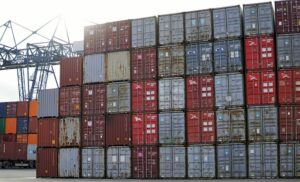
Middle East import services combine strategic freight forwarding multimodal shipping customs clearance warehousing distribution solutions to streamline complex supply chains.
Freight Forwarding Options
Multimodal shipping solutions optimize delivery timelines across air ocean road transport. The network includes:
- Daily air freight departures from regional hubs to global destinations
- Flexible ocean freight services for cost-effective bulk shipments
- Cross-border trucking with local expertise at major checkpoints
- Consolidated shipping options that combine LTL LCL into full loads
| Service Type | Key Benefit |
|---|---|
| Air Freight | Daily departures flexible capacity |
| Ocean Freight | Cost-effective bulk shipping |
| Road Transport | Seamless cross-border movement |
| Consolidated | Combines partial loads efficiently |
Customs Clearance Support
Expert customs brokers navigate complex regulations at every border crossing. The process includes:
- Documentation preparation adherence to local requirements
- Real-time visibility tracking through digital platforms
- Compliance verification across multiple jurisdictions
- Coordination with customs authorities expedited processing
- Integration with global logistics networks technology systems
Warehousing Distribution
- Temperature-controlled secure warehousing options
- Last-mile delivery to end-users retailers distributors
- Inventory management through digital tracking systems
| Storage Type | Capabilities |
|---|---|
| Standard | General cargo storage |
| Temperature-Controlled | Climate-sensitive goods |
| Specialized | Tech equipment data centers |
| Distribution | End-user retail delivery |
Regulatory Compliance Requirements
Middle East import regulations demand strict adherence to multiple compliance frameworks across different jurisdictions. Here’s a comprehensive breakdown of essential requirements for successful market entry.
Documentation and Certifications
Regional documentation requirements include specific certifications for successful imports:
- Certificate of Origin authenticated by local chambers of commerce
- Commercial Invoice with detailed product descriptions
- Customs Declaration Forms specific to each GCC country
- ISO Compliance Documents for industrial equipment
- Quality Control Certificates from accredited testing facilities
Product Standards and Testing
Product compliance standards vary by country with specific testing requirements:
- ESMA certification for electronic devices in the UAE
- SASO certification for products entering Saudi Arabia
- GSO conformity standards across GCC countries
- Laboratory testing from approved regional facilities
- Electromagnetic compatibility (EMC) testing for tech products
- Safety standards verification through authorized bodies
Import Permits and Licenses
Essential permits required for importing into Middle Eastern markets:
- Trade License from relevant commercial authorities
- Import Code registration with customs departments
- Special permits for restricted items like telecommunications equipment
- Category-specific licenses for regulated products
- Free Zone permits for warehouse operations
- Distributor agreements for exclusive regional rights
- VAT registration certificates from tax authorities
Strategic Partner Selection
Strategic partner selection forms the cornerstone of successful Middle East market entry. Our comprehensive approach focuses on identifying reliable partners who understand local market dynamics while maintaining international business standards.
Local Agent Requirements
Local agent partnerships enhance market access in Middle East territories. Specific requirements include:
- Commercial registration documentation from authorized government entities
- Valid trade licenses aligned with intended business activities
Due Diligence Process
The due diligence process validates potential partners through systematic evaluation:
- Financial health assessment using certified audit reports
- Legal compliance verification with local authorities
- Market reputation analysis through industry references
- Operational capability review of existing infrastructure
- Track record evaluation of similar partnerships
- Background checks on key management personnel
Building Business Relationships
- Schedule face-to-face meetings before finalizing partnerships
- Participate in regional trade shows to build industry networks
- Engage in cultural business protocols during negotiations
- Maintain regular communication through local offices
- Join relevant industry associations for networking opportunities
- Establish clear communication channels with dedicated points of contact
The Middle East presents immense opportunities for businesses seeking to expand their sourcing and import operations. We’ve seen how strategic planning partnered with local expertise can help navigate the region’s unique regulatory landscape and market dynamics.
Success in Middle Eastern markets requires careful consideration of costs thorough due diligence and strong partnerships. With the right approach and support services businesses can tap into this thriving market’s potential while minimizing risks and maximizing returns.
We encourage organizations to leverage the region’s advanced infrastructure strategic locations and growing technology sectors. By understanding the complexities and preparing accordingly companies can build sustainable and profitable import operations in the Middle East.
Get in contact with AGR Technology to see how we can help
Frequently Asked Questions
What makes the Middle East an attractive market for technology companies?
The Middle East, particularly Israel and the UAE, has emerged as a leading technology hub with rapid digital transformation and improved infrastructure. The region offers unique opportunities through free trade zones, advanced technology ecosystems, and growing telecommunications sectors. Markets are import-dependent and show strong demand for technological solutions.
What are the main challenges when importing to the Middle East?
Companies face several key challenges including complex import regulations, varying compliance requirements across different countries, extensive documentation needs, and intricate logistics processes. Additionally, businesses must navigate different customs procedures and obtain specific permits and licenses that vary by jurisdiction.
How long does it take to establish a business partnership in the Middle East?
The complete process typically takes 11-16 weeks. This timeline includes initial assessments, due diligence, documentation review, and finalizing partnership agreements. The duration may vary depending on the country and type of business relationship being established.
What are the key import documentation requirements?
Essential documents include Certificate of Origin, Commercial Invoice, and various compliance certificates specific to each country. Some documents require multiple stages of legalization, including blue ink signatures and company stamps. Each jurisdiction has distinct requirements that must be met for successful imports.
What role do local partners play in market entry?
Local partners are crucial for successful market entry. They provide essential market knowledge, help navigate regulatory requirements, and often fulfill local ownership requirements. Partners should have commercial registration, trade licenses, physical office presence, and demonstrated financial stability.
How should companies manage logistics in the Middle East?
Companies should utilize comprehensive freight forwarding services that include air freight, ocean freight, and cross-border trucking options. It’s essential to work with providers offering temperature-controlled storage, last-mile delivery solutions, and digital tracking systems for effective supply chain management.
Related links:
![logo-new-23[1] logo-new-23[1]](https://agrtech.com.au/wp-content/uploads/elementor/thumbs/logo-new-231-qad2sqbr9f0wlvza81xod18hkirbk9apc0elfhpco4.png)



